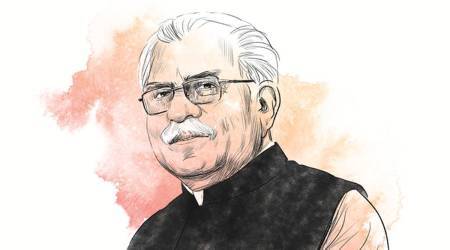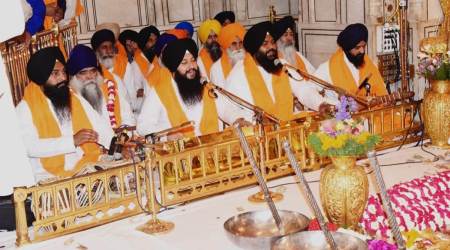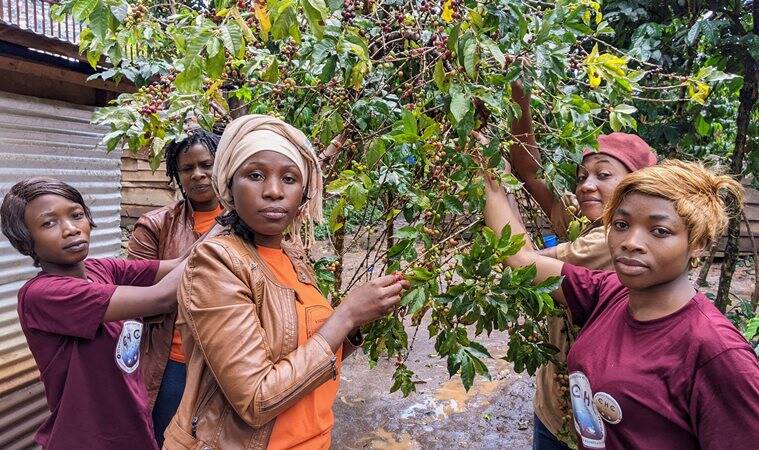U.S. President Joe Biden, in Seoul before heading to Japan as part of his first Asia trip as president, had a simple message for North Korea’s Kim Jong Un: “Hello… period,” he told reporters on the last day of his visit to South Korea on Sunday.
Biden said he was “not concerned” about new North Korean nuclear tests, which would be the first in nearly five years.
But his wry response when asked what message he had for Kim underscored the administration’s low-key approach to the unresolved tensions with North Korea. It is a stark contrast with former President Donald Trump’s showy threats, summits, and “love letters” with Kim.
https://images.indianexpress.com/2020/08/1×1.png |Modi-Biden talks beyond bilateral, will look at global issues: India
Neither president’s approach has led to a major breakthrough, however, and North Korea has resumed testing its largest intercontinental ballistic missiles (ICBMs), while intelligence reports suggest it is preparing for a new nuclear test.
Best of Express Premium

 PremiumExplainSpeaking: Fisc in the time of monetary tightening
PremiumExplainSpeaking: Fisc in the time of monetary tightening
 PremiumDelhi Confidential: Haryana CM Manohar Lal Khattar and his love for Japanese
PremiumDelhi Confidential: Haryana CM Manohar Lal Khattar and his love for Japanese
 PremiumNikhat Zareen: ‘People told my father that boxing was a men’s sport
PremiumNikhat Zareen: ‘People told my father that boxing was a men’s sport
 PremiumRemove harmonium from Golden Temple? Sikh music scholars strike differing…More Premium Stories >>
PremiumRemove harmonium from Golden Temple? Sikh music scholars strike differing…More Premium Stories >>
“We are prepared for anything North Korea does,” Biden said.
A day earlier, Biden and his new South Korean counterpart, President Yoon Suk-yeol, agreed to consider bigger military exercises and potentially deploying more nuclear-capable American weapons to the region in response to the North’s weapons tests.
North Korea has not responded to U.S. overtures, including offers of COVID-19 vaccines, Biden said on Saturday, noting that he was willing to sit down with Kim if he thought it would lead to a serious breakthrough.
COVID-19 restrictions may be playing a role in North Korea’s lack of response, a senior U.S. administration official said.
North Korea has said the U.S. overtures are insincere because Washington maintains “hostile policies” such as military drills and sanctions.
When asked whether Biden was willing to take concrete steps to break the stalemate, the official said that the administration was looking for serious engagement, not grand gestures.
“This is a decision that only the DPRK can make,” the official said, using the initials of North Korea’s official name.
At a U.S. air base south of Seoul, Biden and Yoon toured an air operations centre. American and South Korean troops, behind large computer projectors showing maps of the border separating North and South Korea, are tasked with defending against any missiles the North might launch.
Yoon said such facilities are important given “increasing” threats from North Korea.
Biden later ate ice cream and greeted American troops and their families at a bowling alley on the base, before departing for Japan.
REGIONAL TEAM-BUILDING
Biden’s focus during the trip has been on rallying “like-minded” democracies to cooperate more, part of broader efforts to counter China’s rising influence and exert pressure on Russia over its war in Ukraine.
On the second leg of the trip, Biden will meet with leaders of Japan, India and Australia, a grouping known as the Quad, another cornerstone of his strategy to push back against China’s expanding influence.
Yoon has shown interest in working more closely with the Quad, but the U.S. official said there was no consideration of adding Seoul to the group.
“It’s natural… to think about ways in which you can work with other like-minded democracies, but I think it’s also important to recognise that the goal right now is to develop and build out what has already been laid out,” the official said.
Tokyo will also see the launch on Monday of Biden’s long-awaited Indo-Pacific Economic Framework for Prosperity (IPEF), a programme intended to bind regional countries more closely via common standards in areas including supply-chain resilience, clean energy, infrastructure and digital trade.
The U.S. official declined to identify which countries might sign on to the IPEF, but said they were satisfied with “very strong interest” throughout the region in participating.
Biden also met with the chairman of Hyundai Motor Group, which announced on Sunday it would invest $5 billion in the United States through 2025 to strengthen its collaboration with U.S. firms in diverse technologies, such as robotics, urban air mobility, autonomous driving and artificial intelligence.

